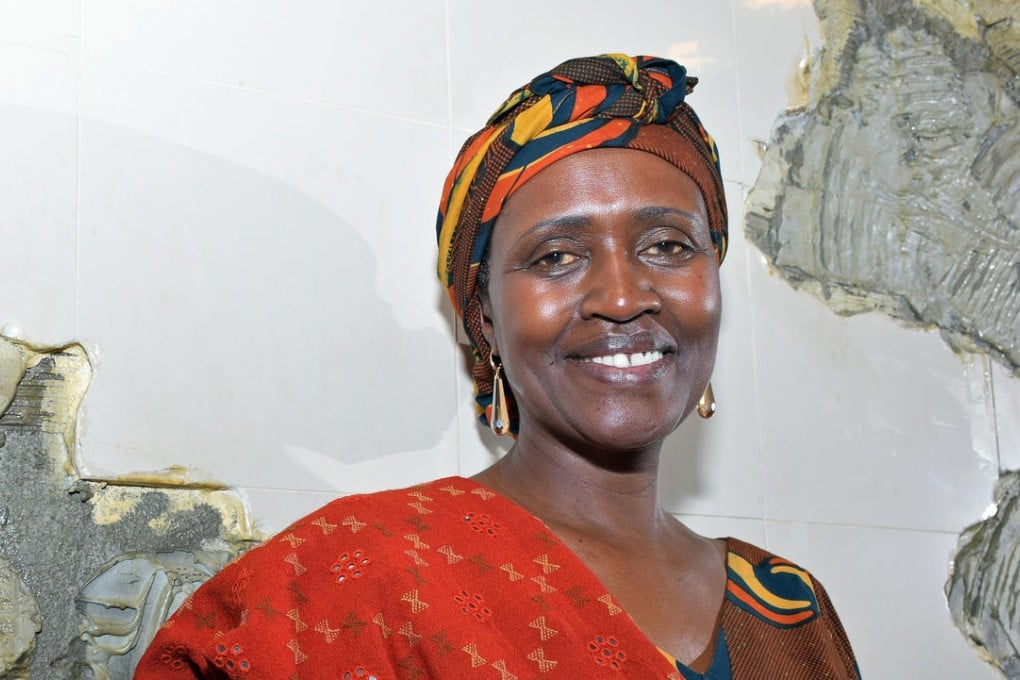Oxfam's Winnie Byanyima tells of her struggle against social injustice
Having suffered injustice on many levels, Winnie Byanyima has the life experience and passion to lead Oxfam International's campaign against inequality

Winnie Byanyima has perhaps led the most colourful life among the heads of anti-poverty agency Oxfam International. She grew up as a teenager under the brutal rule of Idi Amin, fled to Britain where she trained in aeronautics, but returned to Uganda to work as an aircraft engineer - and wound up joining the bush war led by a childhood friend, Yoweri Museveni, with whom she later fell out.
On her first visit to Hong Kong, though, 56-year-old Byanyima feels oddly at home, a feeling that may be due to Uganda also being a former British colony.
"Even though we use different languages, the way we do things is so similar. This is what the British have done to us," she observes with a laugh.
During her recent visit, two issues emerged from an exchange with local secondary students to learn about their concerns: the prohibitive costs of living space and the failure of wages to keep pace with inflation.
This inequality in Hong Kong is part of what drives Oxfam's campaign to address the widening wealth gap across the world. When Byanyima took up her job as executive director two years ago, an Oxfam report found that the 85 richest people in the world owned as much as the poorest 3.5 billion. By the time she arrived in Davos for the World Economic Forum, where she was a co-chair this year, the number had shrunk to about 80 people - in other words, wealth is concentrated in the hands of even fewer people.
"When the rich get away with this and don't share their wealth, they become more powerful and influence politics. Public policy is in their favour, which results in little investment in social services," she says.
Describing this structural bias as "political capture", Byanyima argues that it not only slows growth in the long term, but also leads to a breakdown in social cohesion (one example, she says, is South America, which suffers high rates of homicide and violence).
